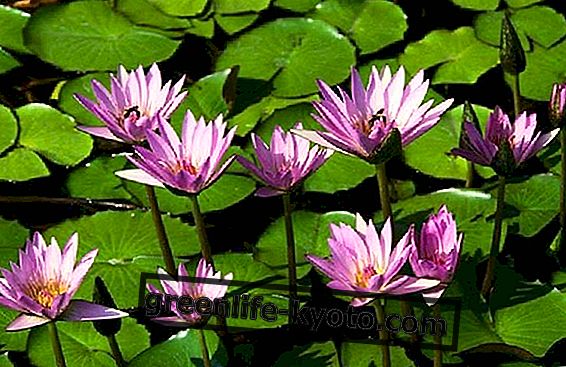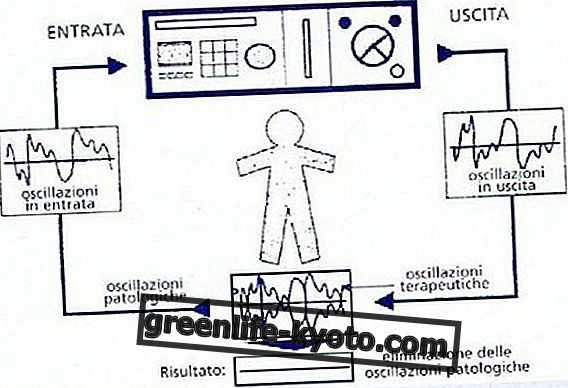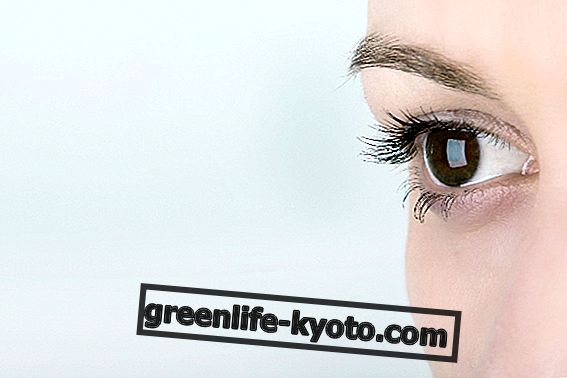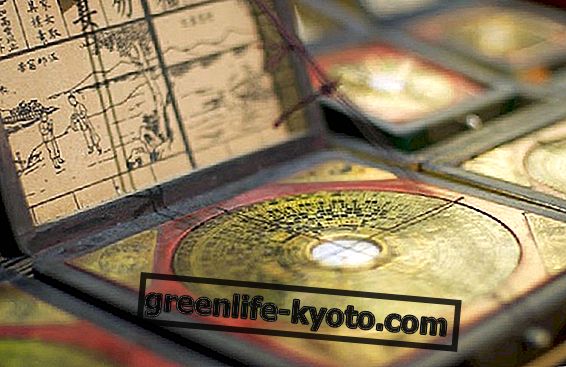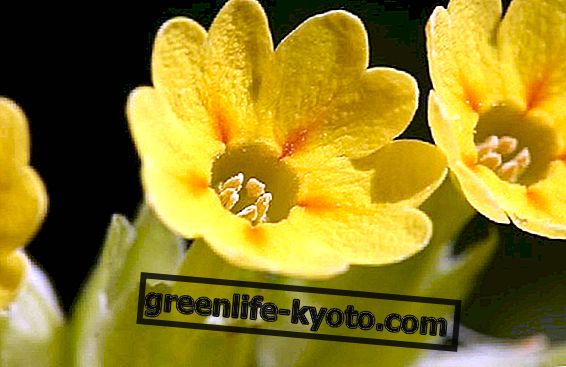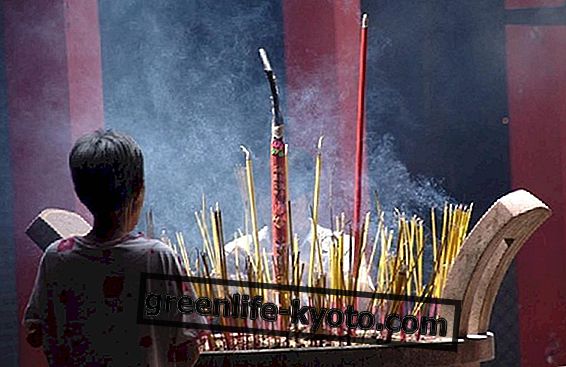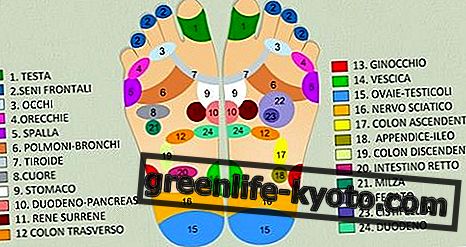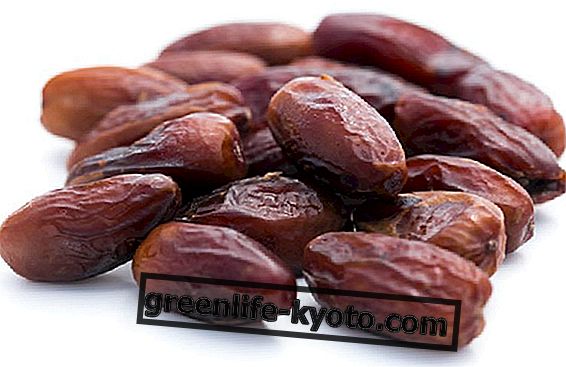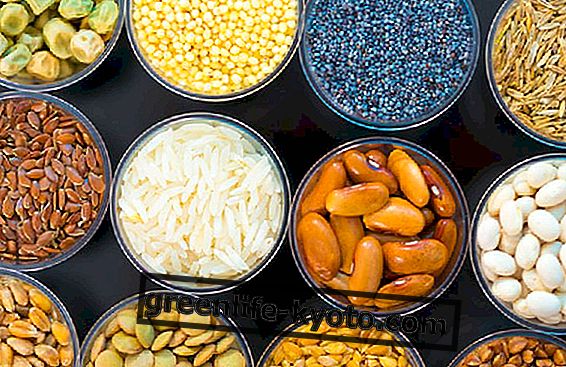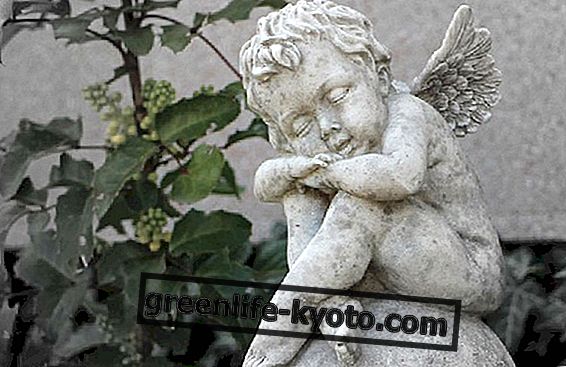By Dr. Francesco Candeloro
Panic attacks are manifestations of acute anxiety characterized by palpitations, lack of air, tremors and loss of consciousness . Let's find out better.

Causes and symptoms of panic attacks
It is a manifestation of anxiety in an acute and particularly intense form, characterized by a sudden sensation of air hunger, palpitations, mental confusion, weakness and tremors in the limbs, which can reach the imminent sensation of losing consciousness (lipotimia ), and be accompanied by other modifications of the autonomic nervous system, involving in particular the thermoregulation and the gastrointestinal system.
These reactions can appear suddenly, as well as before competitions and competitions, or commitments perceived as particularly important; they can still occur in open spaces, crowded places, confined spaces or high places, as well as in situations of sociability and conviviality that generate embarrassment or modesty.
It is estimated that around 10% of the population has had at least one panic attack during its existence.
At the base of the panic attacks there would be unresolved inner conflicts that generate tensions which, in certain situations, evoke sensations of threat or profound insecurity.
Traditional therapy is based on the use of antidepressants, serotonin reuptake inhibitors, and anxiolytics such as benzodiazepines. Furthermore, in these cases, psychotherapy may be useful.
Panic attacks are accompanied by anxiety: discover the natural remedies to cure it

Homeopathic remedies for panic attacks
The prevention of panic attacks is the same as that of anxiety, to which we refer, at least in part, to avoid unnecessary repetition.
Here we will instead focus on the main remedies, in acute, which in homeopathy differ essentially on the basis of the circumstances that generate the panic attack.
And so before competitions or important commitments a frequently used remedy is Gelsemium, which is characterized by the state of obnubilation and tremor, felt both at the level of the limbs and inwardly.
Useful remedy always in these situations, but even more so in crowded places, open spaces, narrow places or high places is Argentum Nitricum, in which is the presence of visceral symptoms, particularly affecting the intestinal apparatus ( diarrhea ), which prevails over other typical aspects of panic attacks.
Ignatia, on the other hand, is indicated in timid or fearful people, who present a certain basic insecurity especially in the presence of others and also of the opposite sex, while Thuja is the remedy for acute anxiety states triggered by passenger illnesses.
Finally, let us remember Aconitum and Arsenicum: the first is characterized by the rapidity of onset of symptoms and their intensity - so as to generate a sensation of imminent death - especially in the most florid and reactive constitutions; the second, on the other hand, we will find more often in slender constitutions or those that have suffered a loss due to chronic or intercurrent pathologies, and that present these states of agitation especially at night and alternating with phases of extreme prostration and distrust.
Calcarea Carbonica, Phosphorus, Pulsatilla, Lycopodium and Silicea will be among the preventive remedies most indicated in people who need the aforementioned acute substances, and who will present this predisposition in relation to distinctive aspects on temperament and character levels, to their vote conditioned by anatomical constitution of origin.
Precisely for this reason, unlike traditional pharmacological therapy, more directed only to the alleviation of symptoms, but often complicated by important secondary effects, homeopathy foreshadows, in these cases, as a true therapy of the causes, of those unresolved conflicts, that is, which are the basis of disproportionate and incompatible reactions, over time, with an optimal existence.
